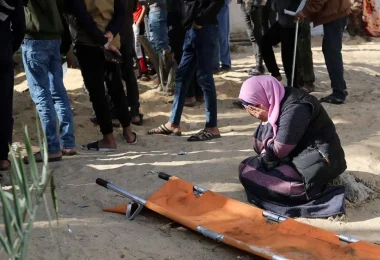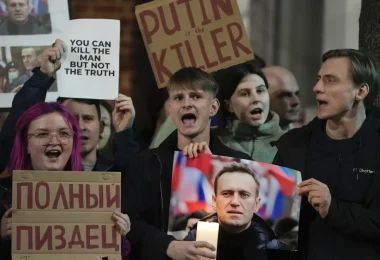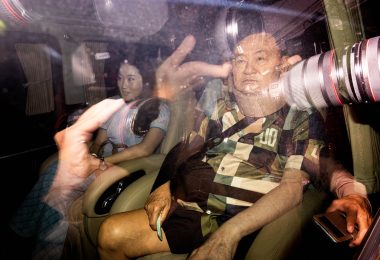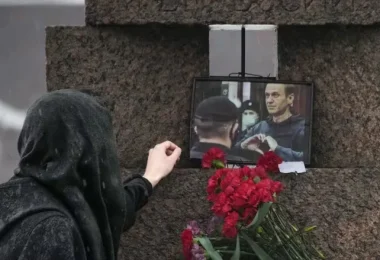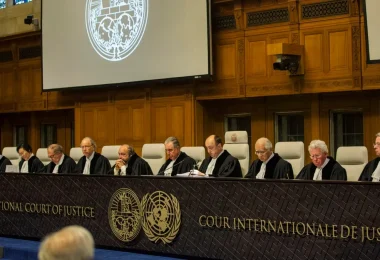Russian anti-war candidate Boris Nadezhdin has made a significant move in the upcoming Russian presidential election. He announced that he has collected and submitted 105,000 signatures to the Central Election Commission (CEC), which is technically enough to challenge the incumbent President Vladimir Putin in the March election. This achievement marks a notable step in what is widely viewed as an election where Putin’s victory is expected.
Nadezhdin, known for his strong criticism of the Kremlin’s military operation in Ukraine, has expressed his intent to end the conflict if elected. His campaign, though considered a long shot, has garnered attention for gathering substantial support, particularly in major cities like Moscow and St. Petersburg.
The submission of these signatures is just the first step. The CEC will now evaluate their authenticity, which will determine whether Nadezhdin will be officially allowed to run for president. There is speculation that despite his progress, he might face barriers, either being disqualified over technicalities or forced to withdraw, given his outspoken stance against the war in Ukraine.

Russian President Vladimir Putin delivers a speech during a ceremony to present Gold Star medals to Heroes of Russia on the eve of Heroes of the Fatherland Day at the St. George Hall of the Grand Kremlin Palace in Moscow, Russia, Friday, Dec. 8, 2023. (Valery Sharifulin, Sputnik, Kremlin Pool Photo via AP)
Nadezhdin’s campaign has been perceived as an anomaly in Russia’s tightly-controlled political environment. Some Kremlin critics suggest that his candidacy might have been allowed for PR reasons, providing a semblance of competition in the election. However, the candidate has dismissed these claims, insisting on the authenticity of his political ambitions.
Despite the skepticism surrounding his candidacy, Nadezhdin’s presence in the election is significant. It represents a rare instance of open opposition in a political landscape where dissent is often stifled. His campaign focuses on domestic issues like economic welfare, suggesting that Russia could better serve its citizens by reducing military expenditures.
The election, set for March 15-17, will be a crucial moment for Russia. Nadezhdin’s candidacy, whether successful or not, symbolizes a growing undercurrent of opposition to the ongoing conflict in Ukraine and the current political status quo in Russia.


